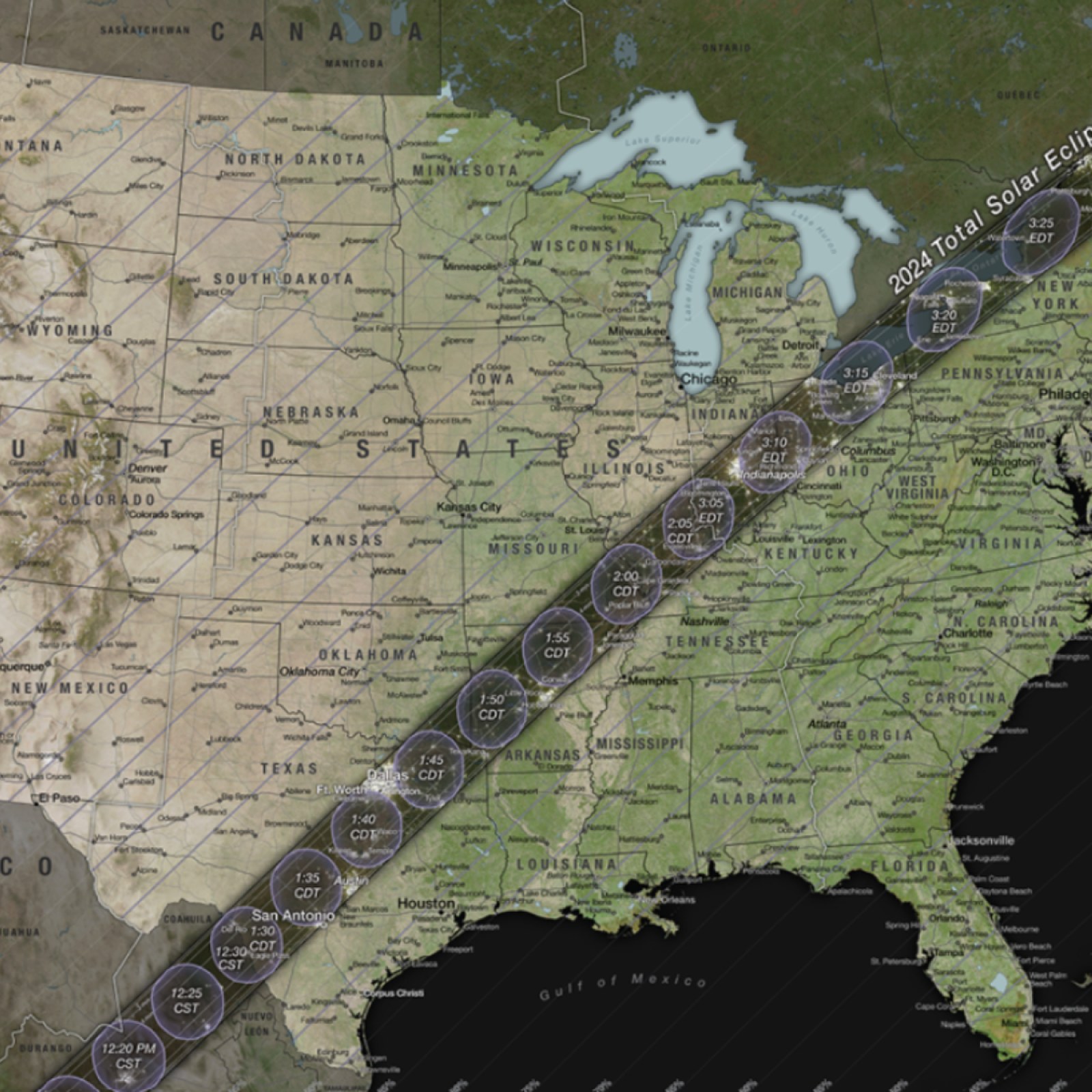Uniqlo’s success reflects the growth of Japan’s industrial giant

D.live finished In any city in Southeast Asia, Japan’s commercial presence is ubiquitous. After decades of market dominance in the region, cars from Toyota, Honda and Nissan clog the roads. If clothing retailer Uniqlo’s parent company, Fast Retailing, gets its way, the drivers of those vehicles will soon be wearing Japanese clothes as well.
The company’s latest results have benefited shareholders, with operating income of ¥103 billion ($760 million) for the three months ended February, up 48% year-on-year. The company’s stock has risen 53% in the past 12 months, making him one of Japan’s biggest performing public companies. The company’s stock is now just 10% off its all-time high in February 2021, and with a market cap of $76 billion, he’s the sixth-largest publicly traded company in the United States.
Uniqlo is, at first glance, a rare story of a Japanese retailer succeeding overseas. Fast Retailing’s main international competitors—Hennes & Mauritz abparent company of time&meters, and Zara’s parent company, Inditex, are based in Sweden and Spain, respectively. However, the company’s growth abroad has followed in the footsteps of Japanese industrial and manufacturing companies, as have its European peers.
Japanese industrial companies, especially automakers, have made Southeast Asia their second home since the 1960s. Fast Retailing is also expanding particularly rapidly in Asia, where his sales (excluding the domestic market and Greater China) for the six months to the end of February increased by 71% year-on-year. The region now accounts for 16% of sales, up from 11% a year ago, and over the same period he trails mainland China, Hong Kong and Taiwan, which fell from 25% to 22%. In the 1960s, the focus of Japanese companies was on the exploration for oil, the supply of natural resources, and the production of manufactured goods in countries with import substitution policies. The area is now a promising market for UNIQLO, rather than a factory location.
The comparison goes beyond geographic scope. Facing demographic constraints in a rapidly aging Japan, Fast Retailing is using technology and automation to replace workers and further mimic Japan’s major manufacturers. Keyence, a little-known giant of industrial automation, is his second largest publicly traded company in Japan, valued at $111 billion. Since 2017, Uniqlo has embedded small identification tags in all clothing, enabling automatic scanning at checkout.
The reliance on automation also permeates the company’s operations and supply chain. In 2019, he partnered with his Mujin in Japan and his Exotec Solutions in France to automate work in warehouses. These are both small robotics companies. The company already partnered with larger automation firm Daifuku in 2018, which helped him reduce labor at a warehouse in Tokyo by 90%.
Savings are no longer just bonuses to a company’s bottom line. Uniqlo raised salaries for some employees by up to 40% in March. This is to compete for talent in order to bring the wages of companies on par with similar companies internationally, and to set salaries based on global standards in the future. Essential if you want to avoid sacrificing profit margins to boost employee salaries. ■
Sign up to stay on top of the biggest business and technology news Conclusiona weekly subscriber-only newsletter.
https://www.economist.com/business/2023/04/20/uniqlos-success-mirrors-the-growth-of-japans-industrial-giants Uniqlo’s success reflects the growth of Japan’s industrial giant



